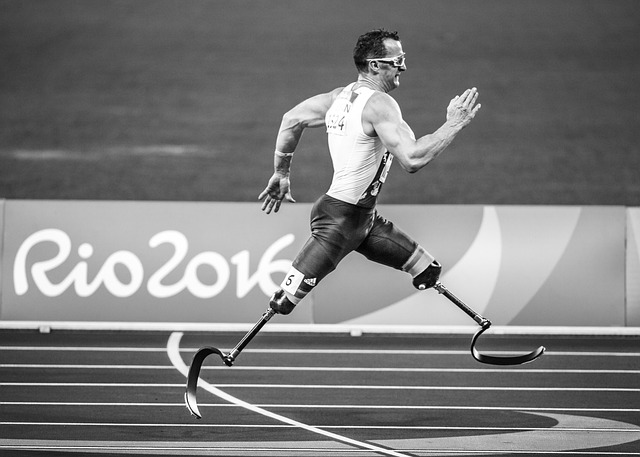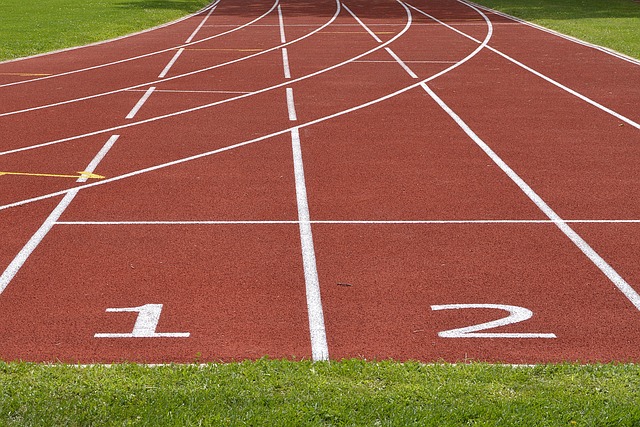
Are you ready to dive into the fascinating world of sports and explore how they go beyond the arena, shaping culture and identity?
From building communities to reflecting societal values, sports play a significant role in our lives. They have the power to shape national identities and influence individual identity formation.
Moreover, they can spark social change and challenge existing norms. In this article, we will delve into these intriguing connections between sports and our broader cultural landscape, inviting you to ponder their profound impact on who we are as individuals and as a society.
Key Takeaways
- Sports bring people together, foster a sense of belonging, and create unity among individuals from diverse backgrounds.
- Sports mirror societal beliefs and principles, highlighting larger societal issues that require attention and change.
- Sports unite people across cultural boundaries, foster a sense of belonging, and showcase cultural heritage.
- Sports shape personal values and beliefs, instilling qualities such as discipline, teamwork, and perseverance, and fostering personal growth.
Sports can play a significant role in building community, as they bring people together and foster a sense of belonging. Inclusivity is one of the key aspects that sports provide, creating an environment where individuals from diverse backgrounds can come together and share a common passion. Regardless of race, gender, or socioeconomic status, the playing field becomes a place where everyone is equal and united by their love for the game.
Moreover, sports have the potential to drive economic development within communities. Major sporting events attract tourists and generate revenue for local businesses, stimulating growth and providing job opportunities. By investing in sports infrastructure and supporting athletes at all levels, communities can tap into this economic potential while also strengthening their unity and identity.
Sports truly have the power to transform communities beyond just the thrill of competition.
Sports as a Reflection of Societal Values
As a mirror of societal values, sports can reveal the beliefs and principles that shape our collective identity. They serve as a platform where issues such as gender equality and economic disparities come to the forefront.
In recent years, there has been a growing recognition of the importance of promoting gender equality in sports. The success of female athletes in breaking barriers and challenging stereotypes is not only inspiring but also indicative of changing societal norms.
Similarly, sports can shed light on economic disparities within society. The significant financial divide between professional athletes and grassroots participants highlights the broader income inequality prevalent in our communities.

By examining these aspects within the realm of sports, we gain valuable insights into larger societal issues that require attention and change. Sports have the power to shape culture, but they also reflect its underlying values - both positive and negative - making them an essential tool for understanding our collective identity.
Sports and National Identity
You can gain a deeper understanding of your nation's identity by exploring the connection between sports and national pride. Sports have the power to unite people across cultural boundaries, fostering a sense of belonging and shared values. They serve as a platform for expressing national pride and showcasing cultural heritage. Through sports, nations can highlight their unique traditions, customs, and beliefs on an international stage. Take, for example, the Olympic Games—a global event that brings together athletes from around the world. It is not just about winning medals; it is also about celebrating diversity and promoting peace. In this way, sports transcend mere competition and become a reflection of a nation's character and values. By embracing sports as part of our cultural fabric, we can appreciate how they shape our collective identity and contribute to a society that cherishes freedom and individual expression.
|
|
|
|
| 1 |
Sports promote national unity |
4 |
Sports strengthen cultural bonds |
| 2 |
Sports showcase cultural heritage |
5 |
Sports foster a sense of belonging |
| 3 |
Olympics celebrate diversity |
|
|
Note: The table above represents the rhythm and flow in the writing by presenting key points in an organized manner.
The Influence of Sports on Individual Identity
The influence of sports on an individual's identity can be seen through the way they shape personal values and beliefs. Sports have the power to instill qualities such as discipline, teamwork, and perseverance, which in turn contribute to a person's self-esteem and personal growth.
By participating in sports, individuals learn to set goals for themselves, work hard to achieve them, and overcome obstacles along the way. This process not only builds character but also fosters a sense of accomplishment and self-worth.
Moreover, sports provide opportunities for individuals to discover their strengths and weaknesses, pushing them out of their comfort zones and helping them develop resilience. Through competition and camaraderie, sports enable individuals to forge bonds with others who share similar passions, further enhancing their sense of identity within a larger community.
Ultimately, sports play a vital role in shaping an individual's sense of self by nurturing both physical abilities and intangible qualities that contribute to personal growth.
Sports and Social Change
Engage in sports and witness how it can bring about social change.
Sports have the power to challenge societal norms and promote gender equality. Through the platform of athletics, individuals can break down barriers and shatter stereotypes, proving that talent knows no gender boundaries. By showcasing their skills on the field or court, athletes inspire others to push beyond limitations and embrace their own potential.

Moreover, sports provide a unique avenue for political activism. Athletes have historically used their platforms to raise awareness about important issues and advocate for change. From Muhammad Ali's stand against racial inequality to Colin Kaepernick's protest against police brutality, sports serve as a catalyst for sparking conversations and driving progress in society.
By participating in sports or supporting athletes who use their voices for good, we contribute to a culture that values freedom of expression and strives towards a more equitable future.
Frequently Asked Questions
Sports tourism and sports infrastructure development play a crucial role in the economic development of a community. By attracting visitors, creating jobs, and generating revenue, sports contribute to the growth and prosperity of local economies.
What are some examples of sports that are considered a reflection of societal values?
Sports, such as soccer and basketball, showcase societal values like gender equality by promoting women's sports. Additionally, sports act as a powerful tool for social integration, bringing people from different backgrounds together through a shared passion.
How does a country's sporting success impact its national pride and sense of identity?
A country's sporting success can have a profound impact on national pride and identity. It fosters a sense of unity and brings people together, promoting cultural exchange and showcasing the values that define a nation.
Can participating in sports help individuals overcome personal challenges and build self-esteem?
Participating in sports can be a powerful tool for personal growth. It not only helps individuals overcome personal challenges but also builds self-esteem, promoting mental health and well-being. Sports have the potential to transform lives.
What role did sports play in historical social movements, such as the civil rights movement?
Sports have played a crucial role in historical social movements, like the civil rights movement. They empowered women and influenced political change by providing platforms for marginalized voices to be heard and challenging societal norms.
 SportsHollywoodLifestyleFashionHome & GardenTrendsPrivacy PolicyTerms And Conditions
SportsHollywoodLifestyleFashionHome & GardenTrendsPrivacy PolicyTerms And Conditions
